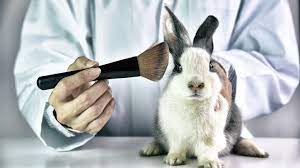Testing drugs on live animals before using them in humans is a highly controversial issue, as it raises ethical and moral questions. On the one hand, testing drugs on animals is essential in order to ensure safety and efficacy before they are used on humans. Animal testing has been instrumental in developing treatments for diseases and conditions, and has resulted in saving countless lives. On the other hand, testing drugs on animals can be cruel and inhumane, and is often seen as an unnecessary and unethical practice.
The use of animals in medical research and drug testing has been around for centuries, and has been instrumental in developing treatments for a wide range of diseases and conditions. Animal testing is done to evaluate the safety and efficacy of drugs before they are used in humans, as well as to identify any potential adverse effects or side effects. Animal testing is also used to develop new treatments and therapies for diseases, as well as to understand how diseases work and how they can be treated.
Despite the potential benefits of animal testing, many people have strong moral and ethical objections to the practice. Animals used in research and testing are often subjected to cruel and inhumane treatment, and are kept in small, restrictive cages with little to no interaction with other animals. The testing process can also cause pain and distress to the animals, and can be fatal in some cases. Furthermore, animal testing is often seen as unnecessary and wasteful, as the results of animal tests are often not applicable to humans.
Ultimately, testing drugs on animals before using them in humans is a highly controversial issue, and one that is sure to spark debate for years to come. While animal testing is essential in ensuring safety and efficacy before drugs are used in humans, it is also important to consider.

